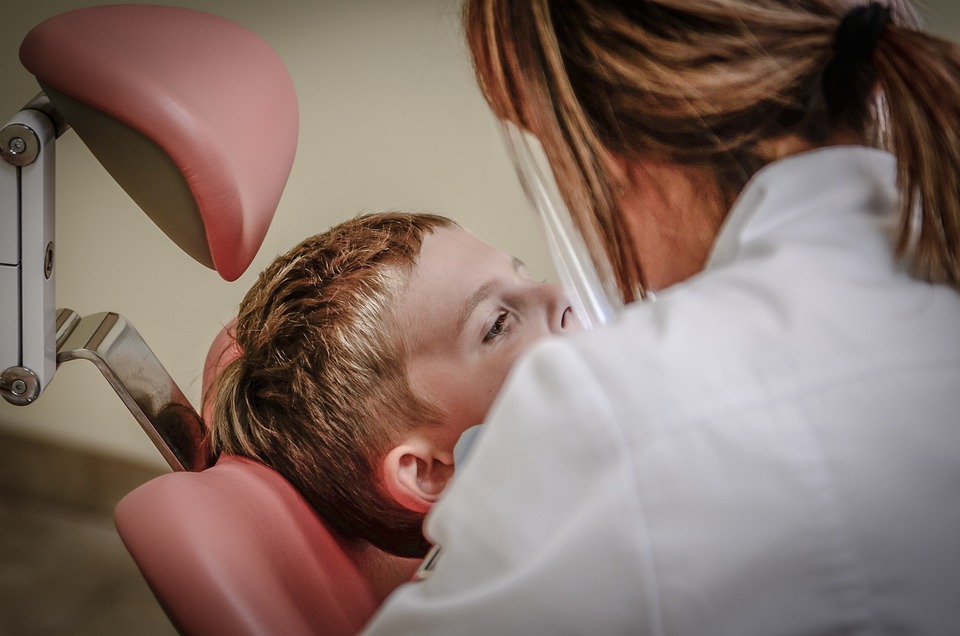From Toothpastes to Mouthwashes: Top Oral Hygiene Products Recommended by Dentists
Introduction
Oral hygiene is essential for maintaining a healthy smile and preventing dental issues. Dentists recommend a variety of oral hygiene products to help individuals effectively clean their teeth and gums. From toothpastes to mouthwashes, these products play a crucial role in oral care routines. In this article, we will explore some of the top oral hygiene products recommended by dentists.
Toothpastes
Toothpaste is a fundamental part of daily oral care. Dentists often recommend toothpastes that contain fluoride, a mineral that helps strengthen tooth enamel and prevent tooth decay. Additionally, toothpastes may include other ingredients such as antimicrobial agents to combat bacteria, desensitizing agents to reduce tooth sensitivity, and whitening agents to enhance the appearance of teeth. It is important to choose a toothpaste that suits your specific dental needs and preferences.
Toothbrushes
A toothbrush is another essential tool for maintaining oral hygiene. Dentists generally recommend using a soft-bristled toothbrush, as it is gentle on the gums and tooth enamel. Electric toothbrushes are also popular among dental professionals, as they provide efficient cleaning and may have additional features like timers to ensure brushing for an adequate duration. Remember to replace your toothbrush or toothbrush head every three to four months or when the bristles become frayed.
Dental Floss
Dental floss is crucial for removing plaque and food particles from areas that a toothbrush cannot reach, such as between the teeth and along the gumline. Dentists recommend flossing at least once a day to maintain optimal oral health. There are different types of dental floss available, including waxed, unwaxed, flavored, and even floss picks. Choose the one that is most comfortable and effective for you.
Mouthwashes
Mouthwashes are liquid oral hygiene products that can help freshen breath and provide additional protection against cavities, gum diseases, and plaque buildup. Dentists may recommend different types of mouthwashes based on your specific oral health needs. Some mouthwashes contain fluoride, while others focus on reducing plaque or killing bacteria. It is important to follow the instructions provided by your dentist or the product packaging for the best results.
Interdental Brushes
Interdental brushes, also known as proxy brushes or interproximal brushes, are small brushes designed to clean the spaces between teeth and around dental appliances such as braces or bridges. These brushes are particularly useful for individuals with larger gaps between their teeth. Dentists may recommend interdental brushes as an alternative or in addition to dental floss for effective interdental cleaning.
Tongue Scrapers
Tongue scrapers are oral hygiene tools used to clean the surface of the tongue. They help remove bacteria, food debris, and dead cells that can contribute to bad breath. Dentists may recommend using a tongue scraper as part of a comprehensive oral hygiene routine. It is important to clean the tongue gently to avoid any discomfort or damage.
FAQs
1. How often should I brush my teeth?
It is recommended to brush your teeth at least twice a day, preferably in the morning and before bedtime. Brushing after meals is also beneficial to remove food particles and maintain oral hygiene.
2. Is it necessary to use mouthwash?
While it is not mandatory, using mouthwash can be a valuable addition to your oral hygiene routine. Mouthwashes can help freshen breath, reach areas that brushing and flossing may miss, and provide additional protection against dental issues. Consult with your dentist to determine if a mouthwash is suitable for your specific needs.
3. How long should I floss my teeth?
You should aim to spend around two to three minutes flossing your teeth. This allows enough time to clean between all the teeth properly. Be thorough but gentle to avoid injuring your gums.
4. Are electric toothbrushes better than manual ones?
Electric toothbrushes can be more effective at removing plaque and reducing gingivitis compared to manual toothbrushes. However, both types can be effective if used correctly. The most important factor is using proper brushing techniques and maintaining consistency in your oral care routine.
For more information on oral hygiene products recommended by dentists, you can visit this helpful resource.




